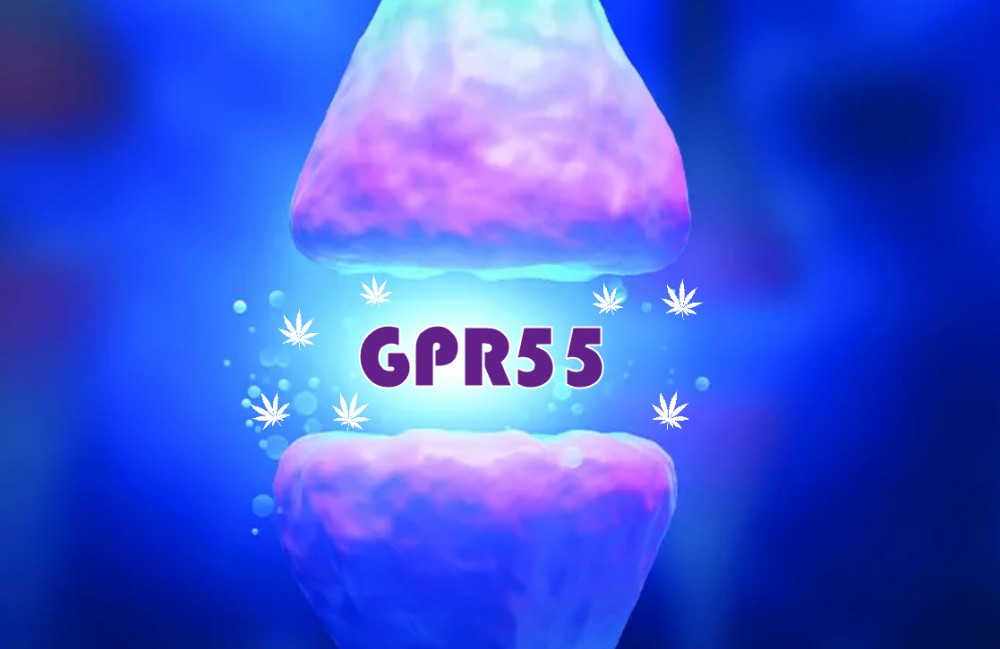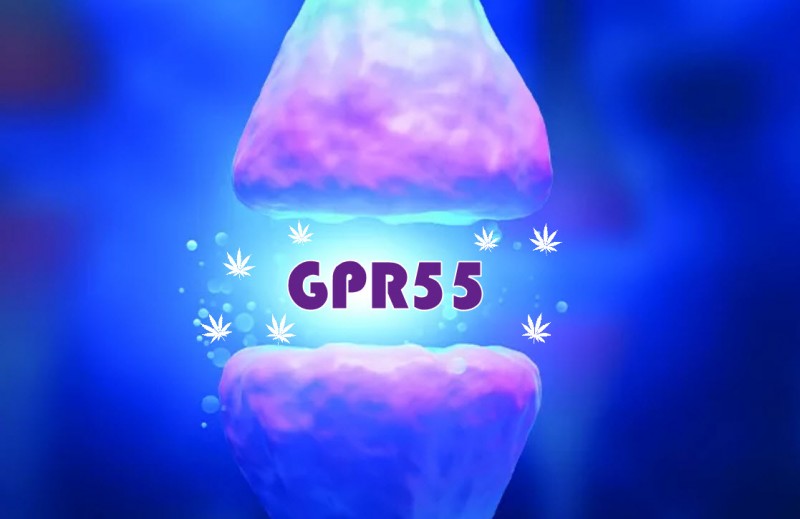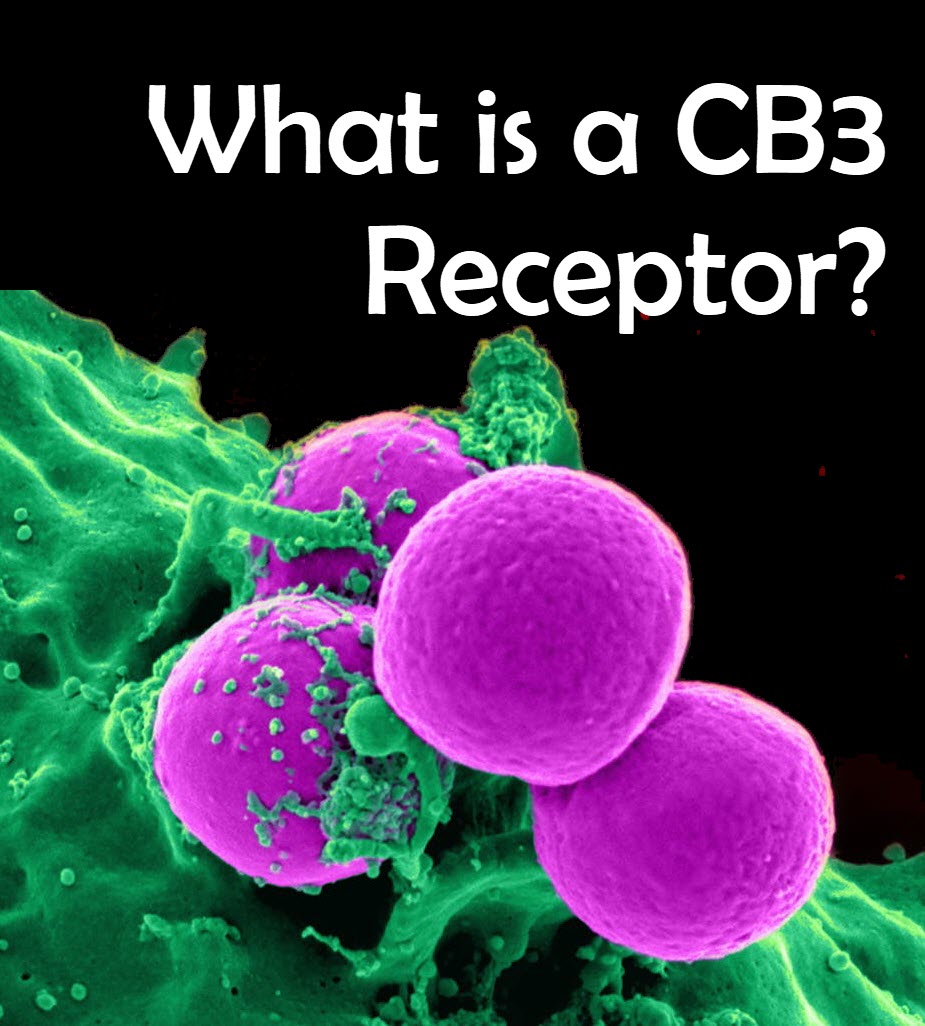GPR55 - The Third Cannabinoid Receptor

If you want to fully understand the network of how cannabis creates its effects that promotes its use both for recreational purposes as well as for medicinal purposes, one would have to start from how its compounds interact with the different types of receptors in the body. Proper knowledge of its interactions on certain receptors coupled with the inhibition of others by the compounds embedded it makes the actions of cannabis worth the numerous studies directed into it and it is only to be expected seeing as cannabis is gaining acceptance in more places in the world day by day.
Cannabis plays host to an important class of compounds known as the cannabinoids which are the main proponents of its activity. The cannabinoids in cannabis interact with the endocannabinoid receptors present in the body to give numerous effects. The two important cannabinoid receptors include CB1 and CB2 which are found in varying parts of the body interact with the main cannabinoids present in cannabis especially THC which has psychoactive action and is the main proponent of the characteristic high of cannabis and the non-psychoactive CBD which has numerous therapeutic activities.
CB1 receptors are commonly found in the nerves of the central nervous system (brain and spinal nerves) and peripheral nerves while CB2 receptors are present in the spleen. The different cannabinoids interact with these receptors singly or together in the endocannabinoid system to elicit their effects. THC is known to directly activate the CB1 receptors in the brain to increase consciousness and give a euphoric high while CBD indirectly acts on both CB1 and CB2 receptors in the immune system to give numerous therapeutic effects. These cannabinoids interact with the receptors due to their similarity in structure with some endogenous molecules present in the body. THC is very similar to anandamide which causes an increase in alertness and consciousness.
A closer look at GPR55
Following their earlier discovery as the major cannabinoid receptors present in the body, many studies have gone into CB1 and CB2 receptors but the presence of a third cannabinoid receptor in GPR55 makes the endocannabinoid system broader with a need to look deeper to its relationship with the cannabinoids and the effects that their interactions. GPR55 is a G-protein coupled receptor discovered in 1999 and has a 13% and 14.4% similarity with CB1 and CB2 cannabinoid receptors respectively. GPR55 receptors are found in the brain and peripheral nerves and have been implicated in numerous therapeutic actions.
GPR55 and CBD
CBD is a major cannabinoid in cannabis known to possess several therapeutic activities such as anti-inflammatory, antitumor, and anticonvulsant and this special cannabinoid plays a unique role with respect to GPR55. CBD is non- psychoactive and is known to have reduced action and affinity for the CB1 and CB2 receptors seeing as it acts indirectly to facilitate their action. CBD is more active with respect to vanilloid receptors and 5-HTIA receptors.
CBD interacts with GPR55 by inhibiting its action which gives rise to unique and interesting therapeutic effects. The blocking of the G-coupled receptor by CBD gives promising effects with respect to epilepsy, cancer, and irritable bowel syndrome. A proper look into these effects shows just how important and unique the relationship between GPR55 and CBD truly is.
GPR55 and Cancer
By blocking the activity of the GPR55 receptor, CBD shows activity in inhibiting the proliferation of cancerous cells. Studies into CBD and GPR55 have shown that the inhibition of the receptor by CBD stops the invasive potential of metastatic cells and halts their progression into cancer in proliferative diseases of the lymph. The reduction in the potential of these metastatic cells to multiply and invade into different parts of the body reduces their ability to increase in cancerous potential and ultimately helps in the management of tumors generally. Therefore, the blockage of the receptor can be attributed to antitumor effects in cancers of the brain and breast.
GPR55 and Epilepsy
Epilepsy is a unique condition concerned with electrical activities of the brain and the interaction between CBD and GPR55 helps to deal with the convulsing ability of epilepsy. Studies have shown that the blockage of the GPR55 receptor by CBD possesses the capacity to reduce the frequency and time of convulsing activity in mouse models. The inhibitory effect of CBD on the GPR55 receptor takes place in the hippocampus which is important for memory and consciousness.
GPR55 and Irritable bowel syndrome
For users of cannabis who have once suffered from one bowel problem or the other, this will come as good news. Irritable bowel problems arise as a result of inflammations in the intestines which gives rise to pain in abdominal regions causing constipation and diarrhea. The blockage of the GPR55 receptors by CBD helps to deal with Chron’s disease which is under the irritable bowel diseases and reduces the inflammation in the intestines.
Further studies are still being carried out to ensure that we get the full scope of what the GPR55 receptor offers but based on the results of preliminary studies, the potential this has is enormous.
WHAT ARE CANNABINOID RECEPORTS? READ MORE...
WHAT ARE CB3 CANNABINOID RECEPTORS? READ THIS!







